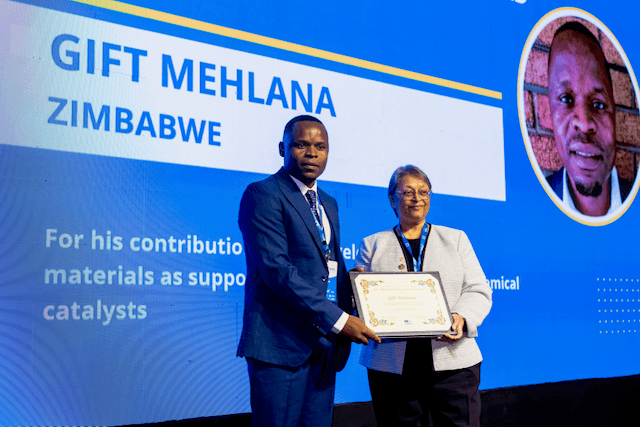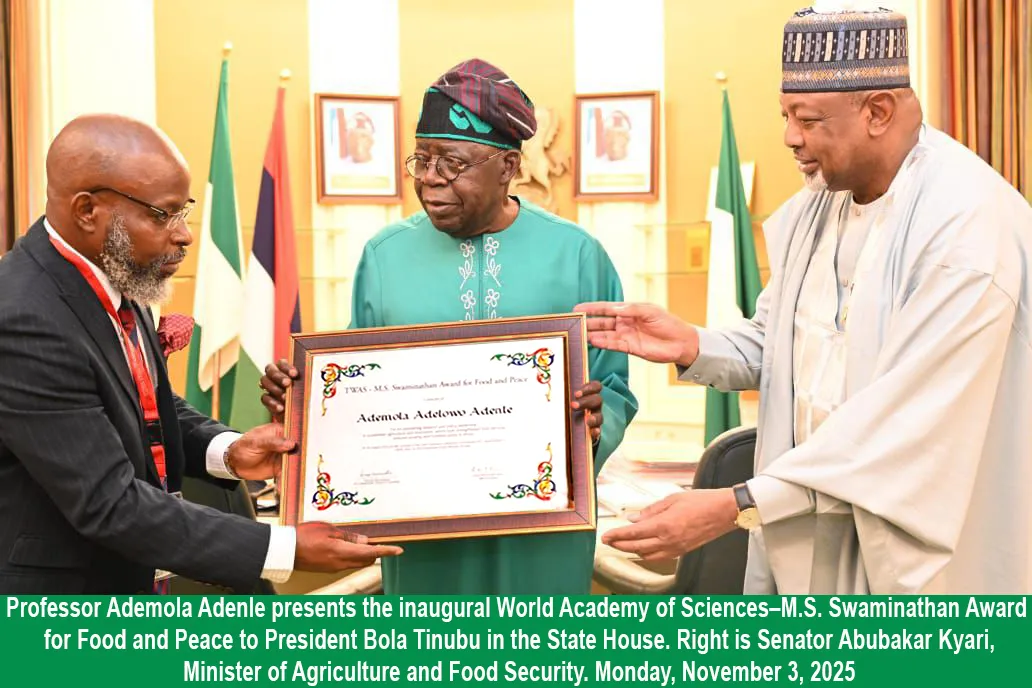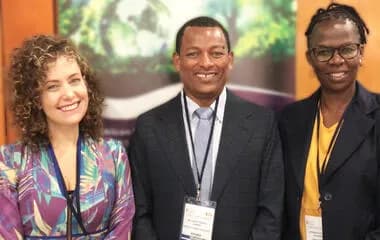News

Academy Launches Global Standard for Transparent Research and Humanitarian Funding
Wednesday, December 12, 2018
The African Academy of Sciences (The AAS) today launches the Good Financial Grant Practice (GFGP), a global standard to promote transparency and strengthen the governance of grant funding worldwide.
The GFGP standard, developed in collaboration with the African Organization for Standardisation (ARSO), is the first such tool developed in Africa for international use. Initially created as an African standard, the GFGP has attracted increasing interest ahead of its launch from multiple funders and grantees in Asia, South America and the UK, where government organisations have tested and endorsed it.
The GFGP was officially launched at the Science Forum South Africa on 12 December 2018.
The enabling platform allows community-based organisations, NGOs, research and academic institutions of any size to rate their capability to receive and manage grants. It provides an online self-assessment tool covering four grant management practice areas —financial management, human resources, procurement and governance — adopted by ARSO to promote transparency in the use of funds by local organisations to mitigate the risk of fraud and corruption.
Institutions are benchmarked on a cumulative four tier assessment – Bronze, Silver, Gold and Platinum – that rates their capabilities to manage grants with the goal of:
A significant challenge to grant-making and -receiving organisations across the globe is the multiplicity of funders and recipients with differing financial mechanisms, capacities, controls and internal systems. These challenges often result in a poor understanding of funders’ financial guidelines and the risk of mishandled expenses and duplication of effort by funders within recipient organisations, leading to the resource intensive demands of multiple audits that in turn reduce the effectiveness and efficiency of NGOs to deliver their mission.
Organisations deemed by the standard to be compliant in the accountable use of humanitarian, government or partner funding will earn a GFGP certification to validate their competence in grant management.
“This is a game-changer. It will strengthen the ability of local organisations to receive and manage funds to make them even more attractive to funders and to help them recognise potential areas of greater growth that can be addressed by developing appropriate methods for capacity building,” said The AAS President Prof Felix Dapare Dakora.
International funders tend to award funds to researchers or institutions in the North who then distribute it to partners in Africa or other low- to middle-income countries because of the doubt that funds awarded directly to LMICs are consistently well-managed, and because of a perception of the fragility of recipient institutions.
Similarly, in the humanitarian or NGO sector, only 0.2% of an estimated $24.5bn of humanitarian aid goes directly to local and national nongovernment agencies and civil society organisations in the global South, due to growing demands for accountability and transparency.
“A strengthened local capacity allows greater ownership and a locally-driven scientific agenda. Local agencies who are normally first responders, can now deliver faster, cheaper and more culturally appropriate help in cases where the international system is unable to reach them quickly and effectively,” Raymond Murenzi, Director General at Rwanda Standards Board.Read more ...




